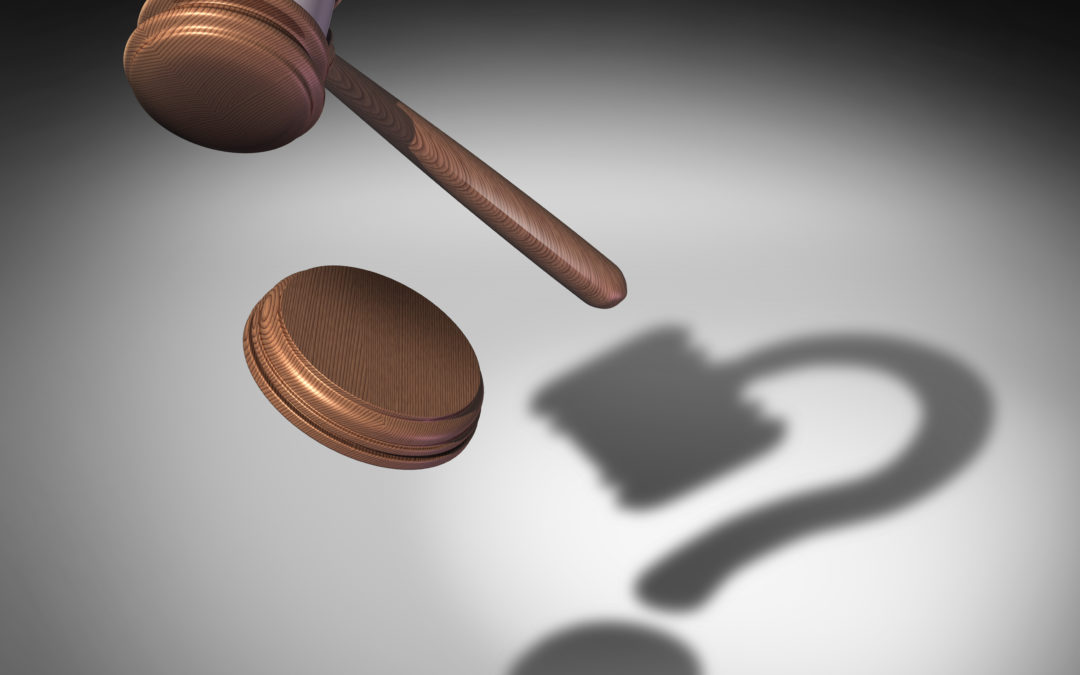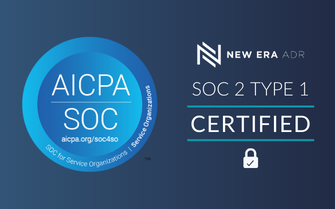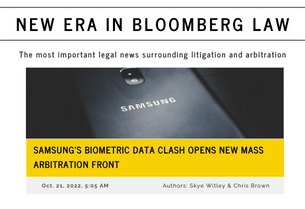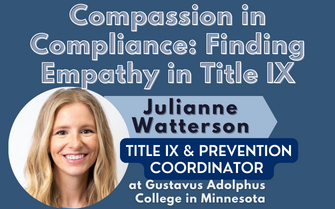
Both the Fifth and Fourteenth Amendments to the United States Constitution state that no one shall be “deprived of life, liberty or property without due process of law.”
“Due process of law…” what does that mean?
For words written hundreds of years ago, we can’t simply assume that the meaning and intent are self-evident. Moreover, as the world continues to evolve around us, we have to re-interpret and evaluate what exactly “due process” means. In law school, the concepts of “substantive” vs “procedural” due process were introduced, making the concept even more convoluted. For the purpose of this piece, let’s limit our exploration to “procedural” due process.
At its most fundamental level, the concept of due process means that no one can take your life, your freedom, or your property without giving you the opportunity to be heard, to present your case, and to be judged. That’s it. Yes, it’s that simple. For a concept that has befuddled, confused, and even scared the general public for hundreds of years, it can be broken down into this relatively simple statement. To quote the California Supreme Court in the Pinsker case back in 1974: “We thus recognize that a basic ingredient of the ‘fair procedure’ required under the common law is that an individual who will be adversely affected by a decision be afforded some meaningful opportunity to be heard in his defense.”
Yet due process is still an issue. But why? Surely we can provide litigants with an opportunity to be heard. How difficult can it be?
If you read the origin story of New Era ADR, you know that our co-founder, Collin Williams, was inspired to create a more accessible arbitration platform after witnessing his client’s trek through a six year litigation process. The dispute at issue was not difficult or complex; a fairly common dissolution of a business partnership. But when the litigation settled after six years, the client was exceedingly disturbed by one particular part of his experience. “You know, I’ve attended every single hearing in this case over the course of six years. I’ve never missed a court date. It’s probably been over sixty hearings. And we finally settled the case. And still, not one person has actually asked me what happened.”
Technically, the system functioned properly, but the client did not feel he had been afforded due process. All he wanted to do was tell his story. Win, lose, or draw, he would have been content. Post-settlement, he still felt cheated because no one took the time to listen to him. Instead, the result is what litigation has become; a morass of rules, procedures, and rogue waves of documents. While some may believe increasing complexity and detail pave the road to due process surety, it often has the opposite affect. At New Era ADR, we believe in simplicity and a singular focus on the facts, the story and the advocacy.
When you are an attorney embroiled in litigation, you are doing everything possible to advocate for your client and win their case. However, being on the ground at the most granular legal levels can cloud your vision. In many cases, both sides simply want to be heard. The constant back and forth of motion practice and discovery can consume a lawyer’s time and energy and diminish their ability to advocate and argue the actual facts. Representing your clients is why litigators went to law school. Not to endlessly push paper back and forth.
Advocacy is what ensures due process. We would guess the authors of the Constitution never once considered motion practice or discovery when drafting the Fifth and the Fourteenth Amendments. They simply wanted what Great Britain had failed to provide to the American colonies: representation and the opportunity to tell their side of the story.
As both licensed attorneys and clients of attorneys, our experience gives us a unique view of litigation. At New Era ADR, we’ve re-written the rules and procedures to provide this singular focus. We believe that due process is afforded simply by providing litigants the right and the opportunity to present their facts of the case and to tell their story.
Click here to learn more about New Era ADR’s rules and procedures improve and elevate the American litigation process to make it fair and efficient for everyone involved.




